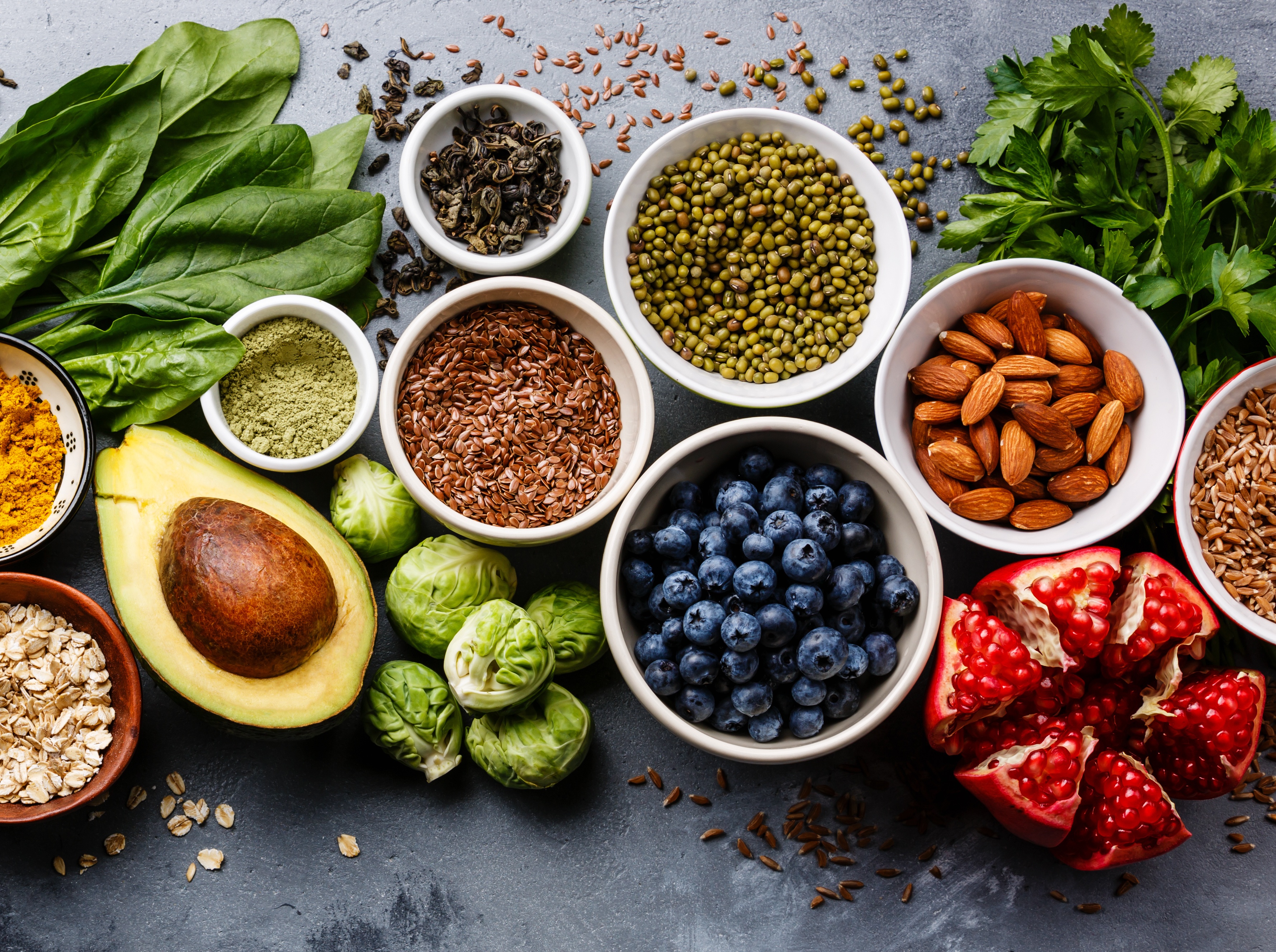Antioxidants Rich Food

Antioxidants protect your cells from free radicals. Free radicals are molecules formed by breaching food or exposure to smoke or tobacco radiation in your body.
Antioxidants, including vitamins C & E and carotenoids, help protect cells against damage from free radicals. The fruits, nuts, seeds, herbs and spices, and even cocoa, vegetables are also good sources of antioxidants.
Eating the right quality products is very important, and also the thing that has to be kept in mind is that you consume everything in a balanced form. Antioxidants also form an essential part of our diet and must not be ignored. You must consume fruits and vegetables that are rich in antioxidants to lower down the risk of several deadly diseases. Also, these fruits can help you fight against cancer and diabetes.
Antioxidant sources may be natural or human-made. It is believed that some plant-related foods are rich in antioxidants. Antioxidants based on plants are some type of phytonutrient or nutrient-dependent on plants.
Antioxidants Rich Foods Are:
Fruits
Many fruits are high in antioxidants, packed with vitamins, and beneficial in a many of ways. These include cranberries, red grapes, peaches, raspberries, strawberries, red currants, figs, cherries, pears, guava, oranges, apricots, mango, red grapes, cantaloupe, watermelon, papaya, and tomatoes.
Dried Fruits
With the water removed, the antioxidant ratio is higher in dried fruits than in fresh. They can easily be carried with you in your purse, briefcase or car and they make a quick healthy snack. Consider taking along dried pears, plums, apples, peaches, figs, dates and raisins. However, be careful of sugar content; avoid dried fruits that have processed sugars added to them to make them sweeter.
Vegetables
Didn't your mother always tell you to eat your vegetables? Broccoli, spinach, carrots and potatoes are all high in antioxidants, and so are artichokes, cabbage, asparagus, avocados, beetroot, radish, lettuce, sweet potatoes, squash, pumpkin, collard greens and kale.
Spices and Herbs
Using lots of spices in cooking is good. Many are loaded with antioxidants, like cinnamon, oregano, turmeric, cumin, parsley, basil, curry powder, mustard seed, ginger, pepper, chili powder, paprika, garlic, coriander, onion and cardamom. Herbs include sage, thyme, marjoram, tarragon, peppermint, oregano, savory, basil and dill weed. All contribute complexity and flavor to your meals, but also are high in antioxidants.
Cereals and Nuts
Your morning corn flakes, oatmeal and granola bars pack a healthy punch, as do walnuts, hazelnuts, pistachio nuts, almonds, cashews, macadamia nuts and even that peanut butter sandwich.
Beverages
Contrary to popular belief, most of our antioxidants come from beverages. Apple juice, cider, tomato juice, pomegranate juice and pink grapefruit juice seem obvious, and green tea has become very popular as a source, but black tea and plain tea have high levels also. Here's good news for those who love that cup of joe in the morning: coffee is high but should be consumed in moderation. Note that adding milk to coffee or tea blocks antioxidants.
Remember to eat a variety of fruits and vegetables in a many of colors. Don't just focus on the top 2 or 3 choices. Foods with darker, richer colors like orange, yellow, blue, and red tend to be higher in antioxidants, and with all these choices, you'll never become bored or run out of delicious, nutritious options. Variety is the spice of life.